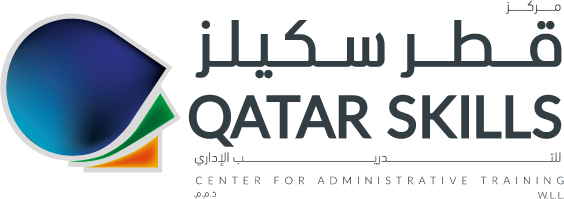array (
'course-city' =>
array (
0 => 48,
177 => 90,
226 => 77,
336 => 106,
371 => 107,
445 => 72,
486 => 108,
528 => 109,
551 => 110,
582 => 111,
604 => 71,
639 => 112,
673 => 78,
708 => 113,
798 => 70,
818 => 114,
875 => 115,
877 => 127,
910 => 116,
1054 => 117,
1226 => 118,
1324 => 91,
1402 => 119,
1492 => 120,
),
'course-language' =>
array (
0 => 49,
706 => 126,
),
'types' =>
array (
0 => 81,
),
'course-category' =>
array (
0 => 67,
127 => 64,
128 => 65,
129 => 58,
130 => 59,
131 => 66,
132 => 125,
133 => 60,
134 => 61,
135 => 123,
136 => 46,
137 => 51,
138 => 62,
139 => 85,
140 => 83,
141 => 76,
144 => 99,
145 => 57,
146 => 63,
149 => 97,
152 => 98,
157 => 124,
158 => 103,
159 => 104,
160 => 105,
161 => 55,
162 => 75,
163 => 53,
164 => 56,
172 => 100,
174 => 101,
178 => 122,
191 => 121,
240 => 102,
),
'course-type' =>
array (
0 => 73,
),
)Pipeline Inspection, Testing, Integrity & Maintenance
Course Overview:
This practical, applications-oriented course covers pipelines and piping systems design, inspection and maintenance. Upon completion of this course, delegates will be able to evaluate the mechanical design of pipelines and piping systems in accordance with the ASME Code Section VIII. They will also be able to develop a pipelines and piping systems maintenance, and then apply these requirements to typical pipelines and piping systems maintenance and inspection situations.
This course will provide an overview of pipelines and piping systems maintenance, including inspection, evaluation of various defects, and repair/alteration rules of various Codes and Standards. Simple evaluation methods for several types of defects will be described, and their use demonstrated using sample problems.
Course Objective:
Participants attending the programme will digest the following:
- Gain an in-depth knowledge of pipe and fitting material specifications, fabrication process and influence on mechanical properties of strength and toughness, to help in inspections and failure analysis
- Understand the technical background to the design equations, and their application to the design of piping systems and pipelines.
- Address rules of good practice in layout of piping systems for reliable operation.
- Gain a practical understanding of piping and pipeline corrosion mechanisms, how to recognize them, classify them and resolve them
- Be introduced to the latest techniques and research in piping and pipeline integrity to analyze a degraded condition due to either corrosion or mechanical damage Review case histories of field failures and will evaluate their cause and solutions to avoid recurrence
Who Should Attend?
- This training course is ideal for mechanical, facilities, plant, or pipeline engineers and piping system designers who are involved in the design of in-plant piping systems for oil and gas facilities.
- Piping engineers responsible for ensuring that all systems are running as per optimal levels
- Supervisors and managers responsible for overseeing maintenance, operation and repair of piping systems
- Operations managers who need to manage end-to-end operations of the plant
- Quality auditors and compliance officials responsible for checking maintenance of optimal quality and adherence to standards
Course Content:
Module (01) Introduction
1.1 Fundamentals of Maintenance and Integrity
1.2 Pipe Dimensions and Schedule number
1.3 Understanding System Design Pressure
1.4 Pipe and Pipeline Sizing Formula with Applications
Module (02) Leak Detection
2.1 On Line Leak Detection
2.2 Periodic Inspections
Module (03) Repair Techniques
3.1 Patch & Weld Repairs
3.2 Clamps
3.3 Flanges
3.4 Overview of Pipe and Pipeline Welding Practice
3.5 Welded Repairs
3.6 Heat Treatment
Module (04) Pressure & Leak Testing
4.1 Hydrotest
4.2 System Testing
Module (05) Pigging Techniques
5.1 Types of Pigs
5.2 Monitoring Internal Corrosion
Module (06) Layout and Support
6.1 Pipeline Loadings
6.2 Review of Pipe Supports and Their Application
6.3 Lessons Learned from Poor Support Practices
Module (07) Corrosion Protection
7.1 Cathodic & Anodic Protection Systems
7.2 Impressed Current Systems
Module (08) Vibration in Service & Pressure Transients
8.1 Mechanical and Hydraulic Induced Vibration in Piping
8.2 How to Measure, Analyze and Resolve Vibration
8.3 Recognizing and Solving Liquid Hammer
8.4 Pulsation
8.5 Study of Pipeline Failures Due to Transients
Course Summary & Conclusion



